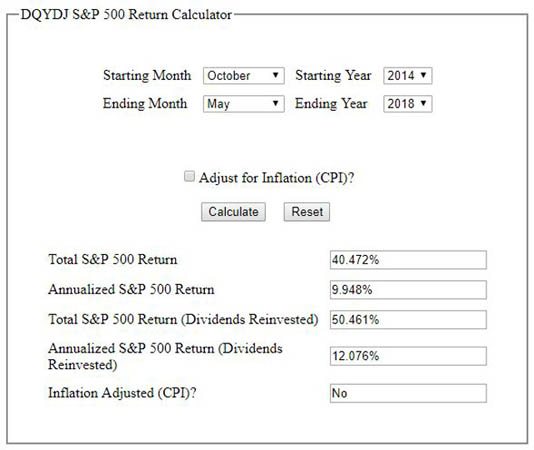 Is every day a Saturday in retirement? That’s what behavioural scientists Dan Ariely and Aline Holzwarth claimed in a recent study about retirement income. The premise being that when you’re no longer working 40 hours a week (or more) all of a sudden you have 40 hours a week available to spend money. Every day is like Saturday. Not to mention, many of the things your employer used to pay for, such as coffee, a smart-phone, or gym membership, now falls on you.
Is every day a Saturday in retirement? That’s what behavioural scientists Dan Ariely and Aline Holzwarth claimed in a recent study about retirement income. The premise being that when you’re no longer working 40 hours a week (or more) all of a sudden you have 40 hours a week available to spend money. Every day is like Saturday. Not to mention, many of the things your employer used to pay for, such as coffee, a smart-phone, or gym membership, now falls on you.
The study’s conclusion? Retirees should expect to spend as much as 130 per cent of their preretirement income after they retire. Yikes!
That flies in the face of typical retirement planning advice, which pegs the income replacement rate at around 70 per cent of your preretirement income. A lot of expenses should disappear when you reach retirement age. Hopefully your kids have left home, and your mortgage is paid off. You’ll no longer have payroll deductions for income taxes, CPP, and EI. Say goodbye to the long, soul-crushing commute, along with the expensive business attire.
Because of these reasons (and others) some retirement experts, like Fred Vettese, even champion a much lower retirement income target of 50 per cent of your income.
On the flip side, in this article about money myths, financial advisor Kurt Rosentreter seems to concur with the Ariely / Holzwarth study:
All the old retirement planning textbooks said you could expect to live off less than your working income (e.g. 70 per cent). The reality of what we are seeing in the trenches doing this work everyday is that there are three phases: Age 60 to 70 where we are seeing as high as 110 per cent of pre-retirement spending; age 75 to age 85, where costs can drop to 80 per cent after the first spouse death; and costs in the final phase of age 85 onward that can be lower or higher depending on health care.
This study resonated with me because one of my biggest fears about retirement is that I’ll overspend and completely blow my carefully planned budget.
Overspending is one of the biggest Retirement fears
Why is that a fear?
We do spend more money on the weekend. That’s when we do our shopping, our leisure activities, and when we go out for dinner. Weekends can be expensive!







